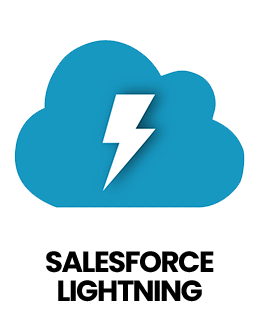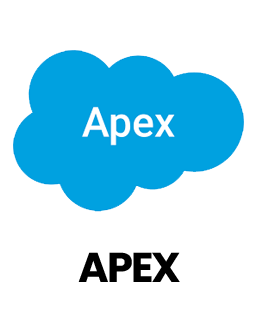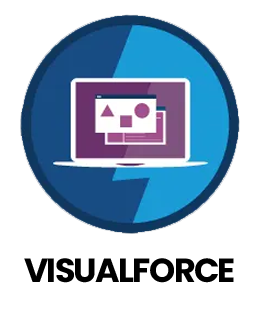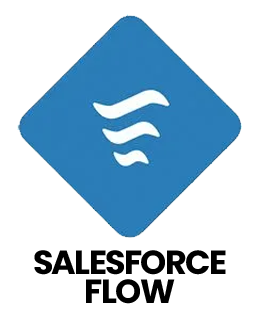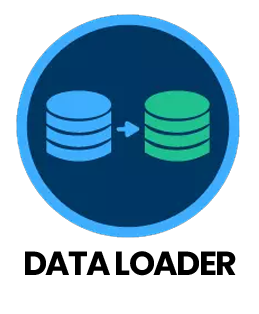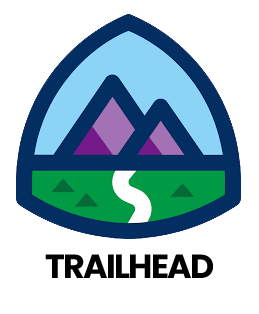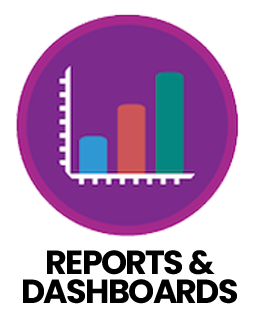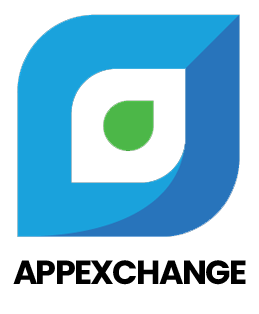1. What is the difference between a Salesforce Administrator and a Salesforce Developer?
Ans:
A Salesforce Administrator focuses on configuring the platform, managing users, security, workflows, reports, and dashboards without coding. A Salesforce Developer works with Apex, Visualforce, and Lightning Web Components to build custom solutions. While Admins optimize usability and processes, Developers extend functionality with code.
2. How do you approach requirement gathering in a Salesforce project?
Ans:
Requirement gathering involves conducting stakeholder interviews, surveys, and process analysis to understand business goals and user needs. This data helps define objects, fields, and workflows, ensuring the Salesforce solution is tailored to business processes and delivers real value.
3. What are the common tools you use for Salesforce development and administration?
Ans:
- Salesforce Lightning App Builder
- Flow Builder
- Apex and Visualforce
- Salesforce CLI & VS Code
- Data Loader
- Reports & Dashboards
4. Can you explain what a Salesforce Object is and how you create one?
Ans:
A Salesforce Object is a database table that stores data, such as Accounts, Contacts, or Opportunities. Objects can be standard (provided by Salesforce) or custom (created to meet specific business needs). To create a custom object, you define fields, relationships, and security settings, and then use it in workflows, reports, and automation.
5. How do you ensure your Salesforce implementation is secure and accessible to users?
Ans:
I follow Salesforce security best practices by configuring profiles, roles, and permission sets. I use field-level security, sharing rules, and two-factor authentication. For accessibility, I ensure clear layouts, proper field labeling, and user-friendly navigation across devices.
6. What is your process for creating reports and dashboards in Salesforce?
Ans:
I begin by identifying key business metrics and data sources. Then, I design reports with appropriate filters, groupings, and visualizations. Dashboards are built using charts and graphs for KPIs. I test with end-users, gather feedback, and refine to ensure insights are actionable.
7. How do you validate your Salesforce solutions?
Ans:
Validation is performed through sandbox testing, user acceptance testing (UAT), regression testing, and stakeholder feedback. I also use real business scenarios to ensure workflows, automations, and data models function as intended before deploying to production.
8. What are the key principles of a good Salesforce implementation?
Ans:
- Clean and validated data
- Scalable and maintainable configurations
- Minimal custom code, use declarative tools first
- Consistent naming conventions and documentation
- Automation that improves efficiency without complexity
9. How do you handle conflicting feedback from stakeholders?
Ans:
I listen carefully to all feedback and map it against business requirements and system constraints. Then, I prioritize based on business impact, communicate trade-offs clearly, and propose balanced solutions that address the concerns of both stakeholders and end-users.
10. How do you keep yourself updated with Salesforce trends and technologies?
Ans:
I stay updated by completing Trailhead modules, following Salesforce release notes, and attending webinars and events like Dreamforce. I also engage in Salesforce community forums, join local user groups, and explore new apps from AppExchange to continuously improve my skills.






